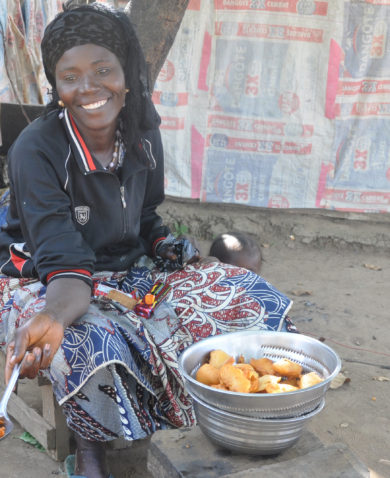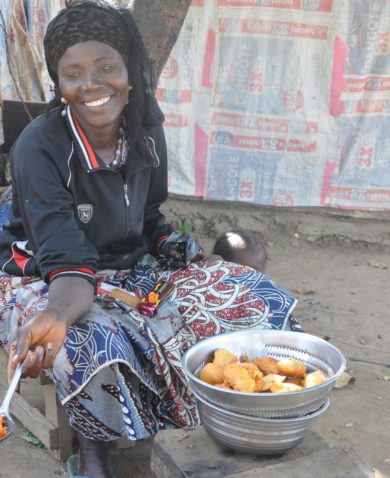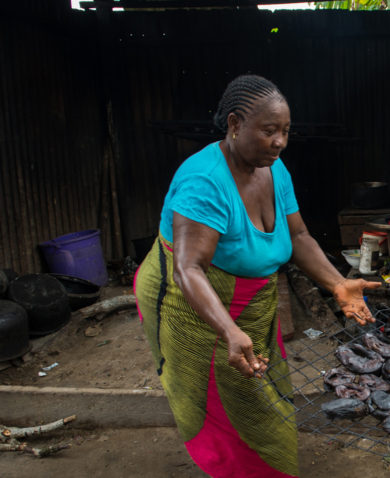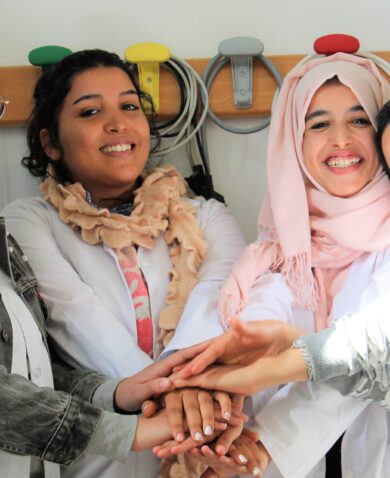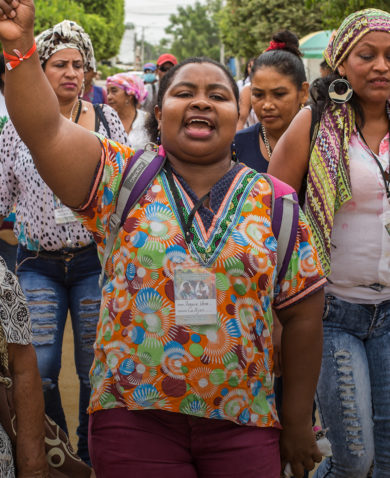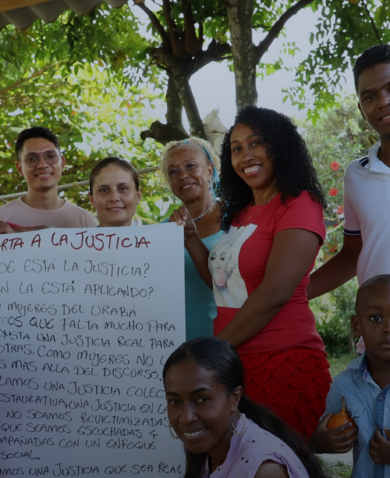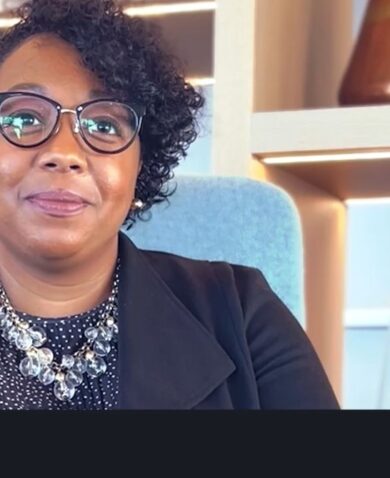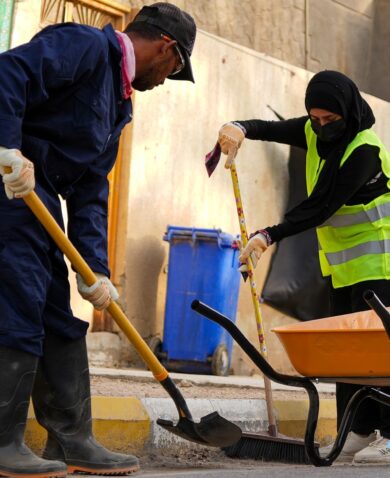
Chemonics News
News: A Discussion on Gender and Social Norms
September 13, 2016 | 2 Minute ReadOn August 31, experts gathered at Chemonics to share evidence from the field to guide gender mainstreaming.
As development strategies evolve to meet ambitious global goals, focus continues to shift toward gender. There is now a drive to harness gender mainstreaming and integration practices as a way to promote equality, strengthen program implementation, and ultimately affect social and cultural norms.
This new way of thinking mandates that gender perspectives must be made more central to programming, policy, research, and advocacy. Yet despite this global resolve, there is a struggle with the “how” of integrating gender into programs and a need to develop a comprehensive approach that can be replicated in other projects.
On Wednesday, August 31, a room full of global development policymakers, donors, and implementers assembled at Chemonics in Washington, D.C., for an interactive panel event called “The Impact of Gender Mainstreaming and Integration on Social and Cultural Norms: Evidence from the Field.”
Gender experts from four organizations shared best practices for transitioning gender strategies from theory to application. The expert panel included Dr. Kamden Hoffmann from Insight Health, Disha Zaidi from the World Bank Group, Dr. Marcia Odell from Plan International USA, and Matthew D. Emry from USAID/Africa. Debora B. Freitas López, a director in Chemonics’ Global Health Division, served as the panel moderator.
During the discussion, the panelists focused on the challenges and successes of gender mainstreaming and integration, as well as lessons learned from actual experiences in the field. One theme that arose was how critical it is to have gender awareness included in every stage of development — from program design to monitoring and evaluation. Also emphasized was the idea that truly effective strategies must address both women and men, as gender inequity affects everyone.
Following the expert panel, attendees participated in interactive exercises to identify gaps in gender mainstreaming and integration among ongoing programs and to reflect on next steps and recommendations to address these gaps.
After the event, Ms. Freitas López, a social behavior change expert and the panel moderator, commented, “One key takeaway, as Matthew Emry pointed out, is for us to begin seeing gender as a Rubik’s Cube with various connections and possibilities rather than something that is linear. Another key message was is that our success in gender mainstreaming, integration, and even targeting needs to begin with the institutionalization of gender in our own organizations and groups. We cannot expect to impact the perspectives that others have of gender if we cannot impact our own perspectives.”



